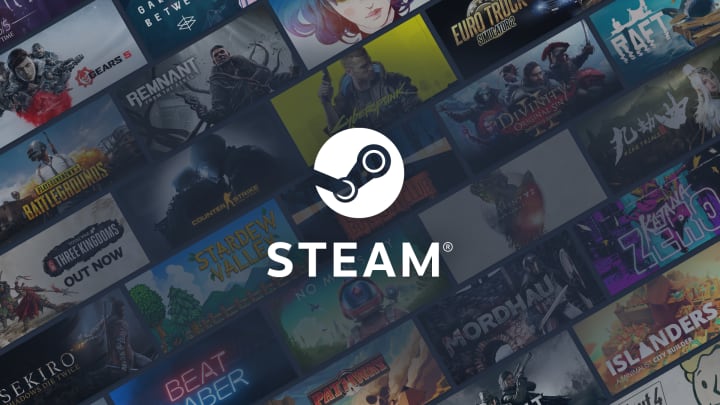Steam sharpens DLC guidelines for more transparency on Season Passes

Valve has updated Steam’s regulations in regards to DLC and the Season Pass model used by many modern games. Developers offering players to buy a Season Pass can no longer list any vague titles like “DLC 1” and “DLC 2” without targeted release windows on Steam. Instead, they are now required to state exact DLC titles, provide short descriptions of their contents, and list a planned release window.
Season Passes must also include at least one expansion that’s already available with the single exception of Season Passes that are included in pre-purchased deluxe editions of a game – that is a very popular model nowadays.
“By offering a Season Pass, you are promising future content,” Valve stated in the document that informed its partners about the changes. “In the process of launching a Season Pass you will be asked to commit to a launch timing for each content release in the Season Pass. That launch timing is a commitment to both customers and Steam. If you aren't ready to clearly communicate about the content included in each DLC and when each DLC will be ready for launch, you shouldn't offer a Season Pass on Steam.”
Developers will be able to delay the release date of DLC included in a Season Pass one time to account for any production troubles. If DLC is not delivered by the announced date, customers will be refunded the value of the DLC.
Season Passes have made their way into many genres and price categories. Prominent users include Paradox Interactive, which bundles its DLCs into annual passes for most of its strategy games, and triple-A studios like Ubisoft. However, even many indie studios have taken a liking to the model.
This change should result in more transparency for customers, as they’ll get more accurate info on what exactly a Season Pass will offer before making their purchase. At the same time, added security in the form of guaranteed refunds in the case things go south could lead to more sales, benefiting studios who deliver on their promises.
